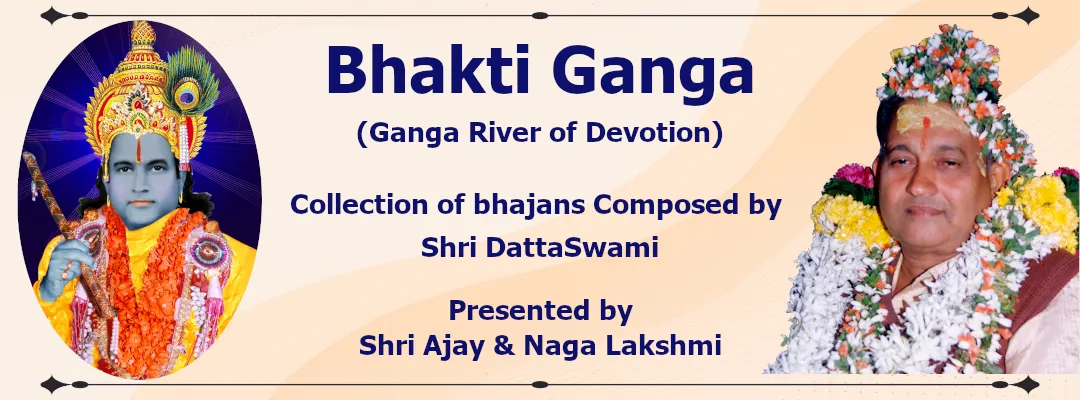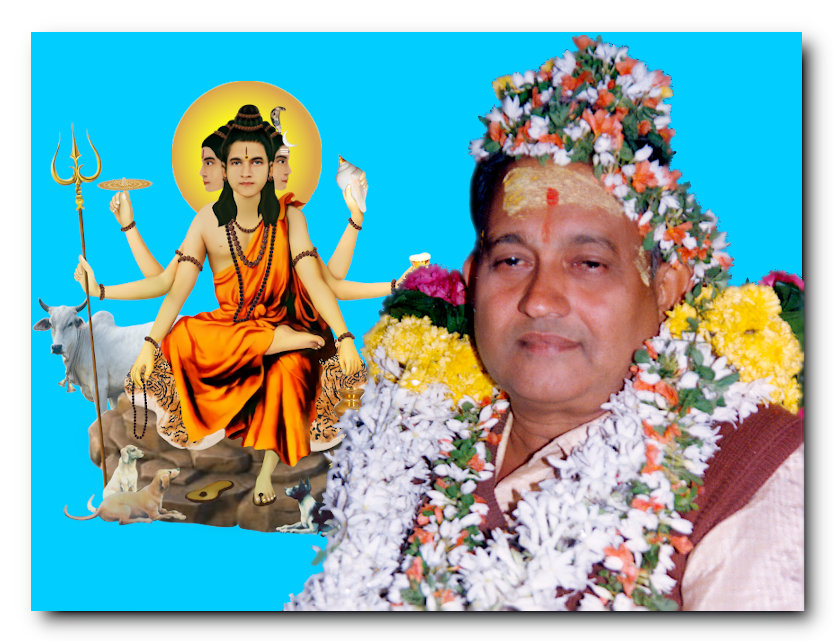
23 Jun 2021

हे दत्त! वैश्वानराग्ने!
होतासि हवनीय एव (पल्लवी)
O Datta! O Hunger fire called Vaiśvānarāgni! You are the Hotā or offering priest of ghee-food and at the same time You are also Havanīya, the hunger-fire to which ghee-food is offered.
ऋग्वेदस्य प्रथम मन्त्रम्
यो वेत्ति स खलु यज्ञवेत्ता ॥
He who knows the meaning of the first hymn of the first Veda, Ṛgveda, is the scholar of Yajña or sacrifice.
{The first hymn of the Ṛgveda (Agnimīḷe purohitam…hotāram…) says that the Agni or fire called Havanīya is also the Hotā. But, the inert fire itself can’t be Hotā or the person that offers ghee-food to the inert fire itself. Hence, Agni or fire, here, obviously, is not the inert fire. The Agni or fire is the hungry priest himself, who is offering ghee-food to himself possessing hunger fire in stomach called Vaiśvānarāgni. The Gītā also says that God Himself is the hunger fire (Ahaṃ Vaiśvānaro bhūtvā…).}
घृतं घृतान्नं क्षुधा मग्निम् ।
यो वेत्ति स खलु यज्ञवेत्ता ॥
He who knows that ghee means ghee-food and knows that hunger of a hungry person is the fire, is the scholar of Yajña or sacrifice.
{The food containing excess of ghee can be called as ghee by Lakṣaṇā just as we call the possessor of apples as “O apples!”.}
पाक साधनाग्निम् अन्नसूक्तम् ।
यो वेत्ति स खलु यज्ञवेत्ता ॥
He who knows that the inert fire called Bhautikāgni or Laukikāgni and Vaidyutāgni, lit in the sacrifice is instrumental used to cook the food and knows the meaning of the Annasūktam in the Veda, is the scholar of Yajña or sacrifice.
{The Annasūktam says that no trace of food shall be destroyed “Annaṃ na paricakṣīta”. Hence, the precious food ghee or ghee-food shall not be burnt in physical fire. It shall be burnt in hunger-fire called Vaiśvānarāgni or Devatāgni. Bhautikāgni or Laukikāgni is the inert physical fire lit with the help of sticks and Vaidyutāgni is the inert electric fire.}